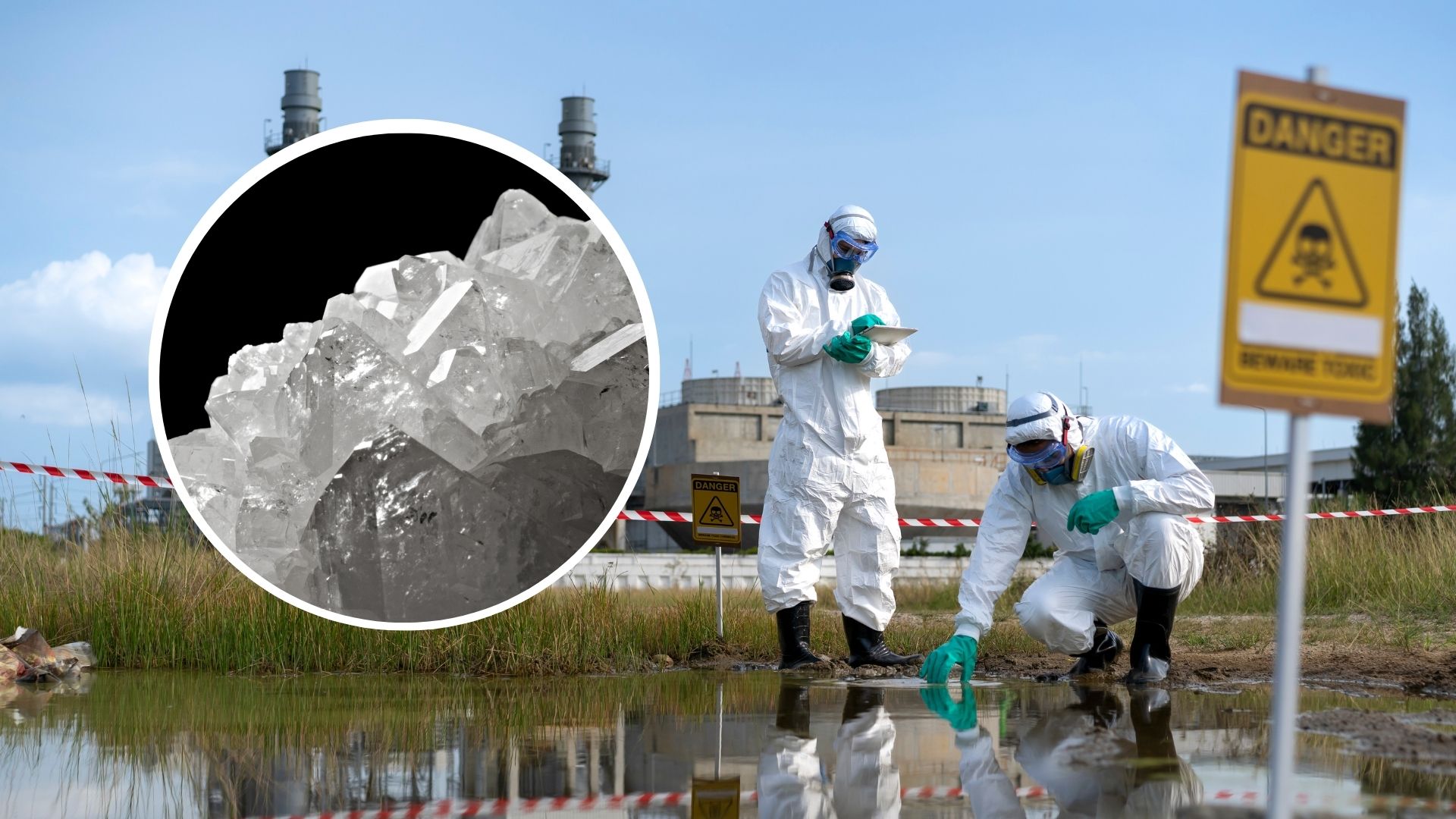Boron isotopes breakthrough could help enhance nuclear waste management

Source: interestingengineering
Author: @IntEngineering
Published: 10/16/2025
To read the full content, please visit the original article.
Read original articleResearchers from Peking University, the University of Cambridge, and collaborators have developed a novel approach using boron isotopes to monitor and model the corrosion of glass used in nuclear waste storage. Glass, commonly employed to immobilize hazardous radionuclides and heavy metals, can gradually dissolve when exposed to groundwater, posing risks to long-term containment. By applying boron isotope "fingerprinting," the team traced how boron atoms migrate within dissolving borosilicate glass, revealing that the dissolution process varies with glass composition and exposure time. Their experiments, conducted at 90°C over 112 days, showed that initially boron is released uniformly, but over time diffusion through an altered surface layer dominates the release mechanism.
The study found that magnesium-bearing glass forms secondary minerals that create a dense, protective surface layer, slowing dissolution, whereas magnesium-free glass develops a less protective layer, allowing continued boron diffusion. These insights demonstrate that boron isotopes serve as sensitive, direct tracers of glass-water interactions,
Tags
energynuclear-waste-managementboron-isotopesglass-corrosionradioactive-waste-storagematerials-scienceenvironmental-safety